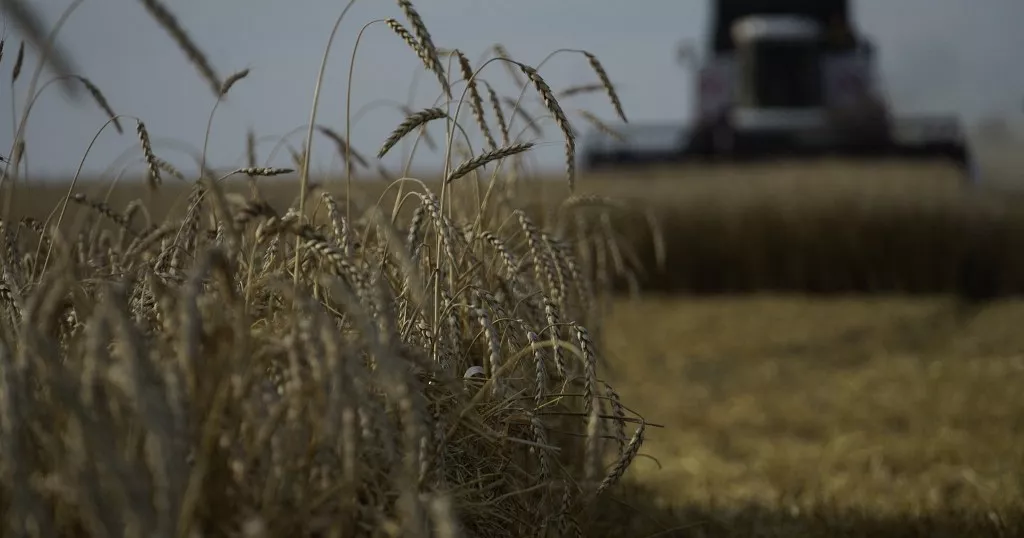
Climate and violence hobble Nigeria’s push to rely on its own wheat after the hit from Russia’s war
Abubakar Salisu, a wheat farmer in Nigeria’s far north, is facing challenges due to extreme heat and irregular rain patterns caused by climate change. The combination of heat and rain fluctuations has significantly reduced his wheat yield. This situation is mirrored by other farmers in the region, further exacerbating Nigeria’s food security crisis.
Additionally, supply disruptions linked to Russia’s war in Ukraine have increased the cost of food in Africa’s largest economy, as it relies more on imported grain due to its weakened currency. Nigeria’s government aims to boost domestic grain production and become self-sufficient through various programs, but climate-related hardships and conflicts have hindered these efforts, leaving a considerable supply gap of over 5 million metric tons of wheat.

